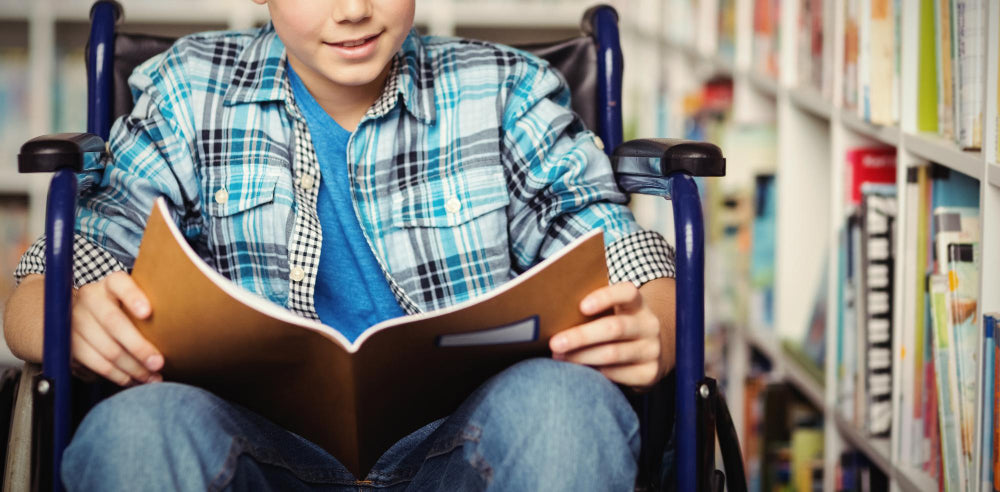Learning to read is one of the most important skills a student can acquire, and for those with special needs, it can be even more essential. Reading is a gateway to access all other life skills, providing students with the confidence and knowledge to navigate the world around them.
Unfortunately, in many special education classrooms we are seeing a decline in the emphasis on reading instruction. This is often due to financial constraints preventing teachers from getting enough resources to support students’ learning needs or a belief that focusing on other “life skills” is more beneficial than teaching reading.
However, the reality is that there is no way around reading if you want your students to be successful academically and socially. The ability to comprehend text is essential not only for academic success but also for communication – both written and spoken – as well as general knowledge acquisition. It's also an important component of mental health - studies have shown that there's a direct correlation between increased literacy levels and improved mental wellbeing.
Teachers should never give up on teaching reading in their classrooms – no matter what challenges they face. With patience and dedication, along with the right resources and support systems in place, any student can learn how to read – no matter their background or abilities! Doing so opens up a world of opportunities for them – both academically and socially – that will set them up for success in school and beyond.
Studies have shown that literacy levels are closely linked to better mental health outcomes. According to a report by the American Psychological Association, "Higher literacy has been associated with greater likelihood of obtaining health information and resources, leading to improved psychological well-being." The report also notes that “for individuals with low literacy skills, the lack of access to relevant health information can lead to poorer physical and mental health outcomes.”[1]
Sources
[1] American Psychological Association (APA). (2004). Mental Health Literacy: Implications for Education and Public Health Policy. Retrieved from https://www.apa.org/pubs/journals/releases/edu-76-1-28.pdf



